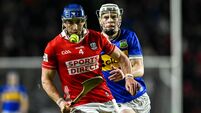Saddam judge accuses witnesses of perjury
The defence team in the trial of Saddam Hussein protested today over the arrest of four of its witnesses, saying some of them were beaten by Iraqi guards.
The chief judge said they were jailed on suspicion of perjury.














